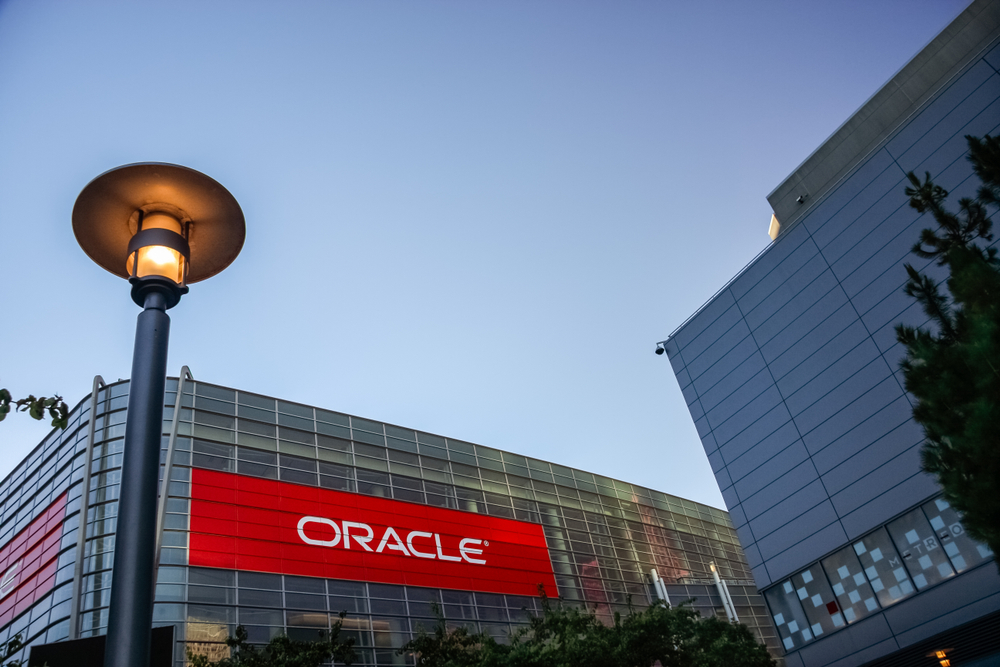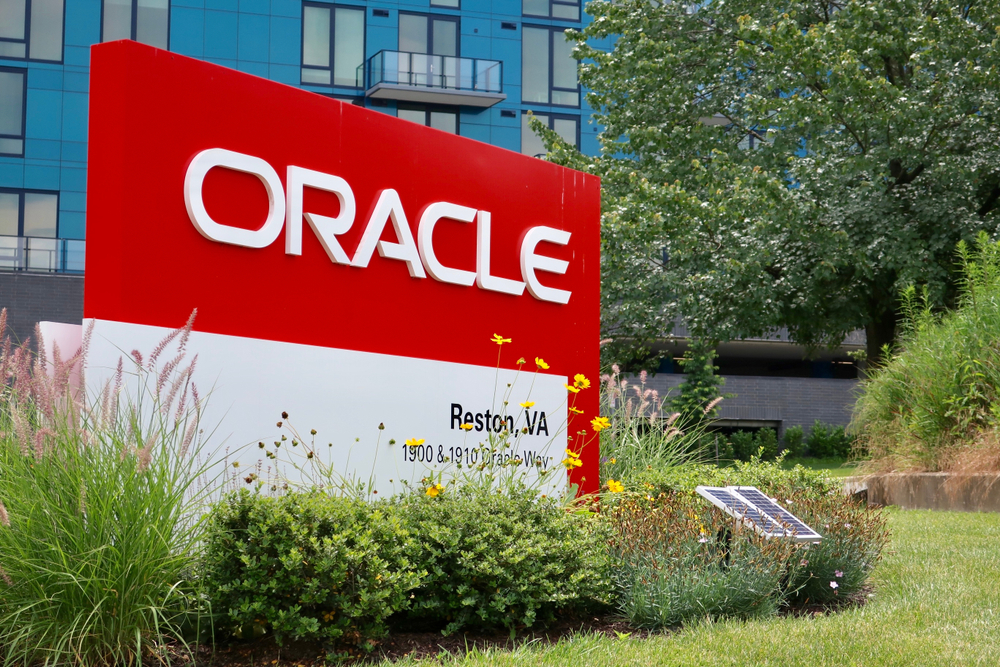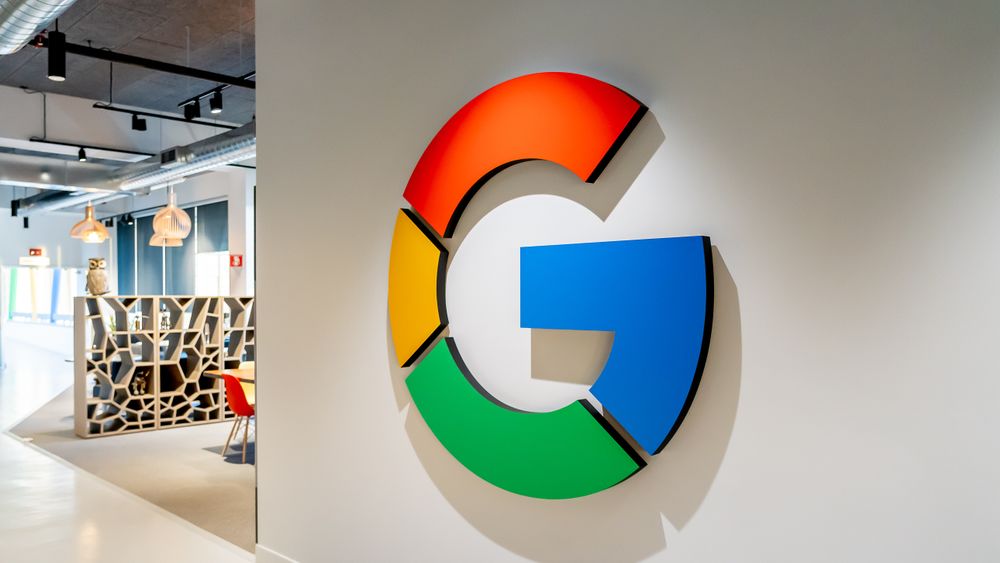Google's expansion plans revealed in trial against Oracle
Firm wants 35 per cent of revenue to be generated from non-search business in 2013.


FAILED TO CATCH ON
Google's YouTube business was estimated to generate $5 billion by 2013, thanks to a $3 billion contribution from Google TV, a then-new product that allows consumers to access Google services such as search and YouTube videos on their television screens.
But analysts say Google TV has failed to catch on with consumers. Logitech, one of Google's initial partners that developed a set-top box offering the service, said in November it would cease making Google TV devices. In January, Google announced plans for new devices from LG and Samsung.
Google projected that commerce, a category that includes sales of digital content and mobile payments as well as product ads, would deliver $5 billion in revenue in 2013.
Google had forecast its total revenue in 2013 would be $55 billion, according to the documents, with $34 billion in revenue from its search business.
Eric Schmidt was Google's CEO at the time the documents were created. In April 2011, Schmidt handed the reins to Google co-founder Larry Page, who has moved swiftly to pull the plug on projects that are not paying off while focusing efforts on opportunities including mobile, social networking and display advertising.
Google's efforts to tap new revenue have been closely watched by investors, eager for new growth as the search business matures yet wary of initiatives that threaten margins. Shares of Google, which closed Tuesday's regular trading session at $609.72, are down roughly 6.6 percent in 2012.
Sign up today and you will receive a free copy of our Future Focus 2025 report - the leading guidance on AI, cybersecurity and other IT challenges as per 700+ senior executives
Google was also optimistic about its plans to enter the music business. In a separate set of documents in the case, the company forecast music sales would drive Android revenue to $3.7 billion in 2013.
The 2010 documents show Google's search business generated $19.2 billion in 2009, while the display business brought in $3.2 billion that year. YouTube made $300 million, while e-commerce brought in no revenue.
The case in US District Court, Northern District of California, is Oracle America, Inc v. Google Inc, 10-3561.
-
 Hacker offering US engineering firm data online after alleged breach
Hacker offering US engineering firm data online after alleged breachNews Data relating to Tampa Electric Company, Duke Energy Florida, and American Electric Power was allegedly stolen
-
 Threat intel could be your secret weapon in cybersecurity sales
Threat intel could be your secret weapon in cybersecurity salesIndustry Insights Threat intelligence transforms cybersecurity sales from reactive product pitching to strategic advisory.
-
 Organizations shift away from Oracle Java as pricing changes bite
Organizations shift away from Oracle Java as pricing changes biteNews A survey from Azul Systems finds that, along with cost, customers cite a preference for open source and the threat of a Java usage audit
-
 Why Java 17 growth is ‘exploding’
Why Java 17 growth is ‘exploding’News Java 17 is now the most popular LTS version, according to application data from New Relic, but what's driving this growth?
-
 SuiteWorld 2023: NetSuite's day-two announcements
SuiteWorld 2023: NetSuite's day-two announcementsLive Blog Keep up-to-date with all the day-two announcements from NetSuite SuiteWorld 2023
-
 Can Oracle really be Linux's knight in shining armor?
Can Oracle really be Linux's knight in shining armor?Opinion The self-proclaimed champion of open source freedom would like you to forget about its history
-
 Oracle’s Java subscription changes spark concerns over cost hikes for smaller businesses
Oracle’s Java subscription changes spark concerns over cost hikes for smaller businessesNews Smaller businesses could incur significant cost hikes as high as 1,400% with most new customers expected to pay at least double
-
 Oracle to launch 14 new cloud regions over the next year
Oracle to launch 14 new cloud regions over the next yearNews The company wants to support the demand for its customers as it looks to open at least two regions in each country it operates
-
 Windows 11 has problems with Oracle VirtualBox
Windows 11 has problems with Oracle VirtualBoxNews Microsoft confirms compatibility issues as new operating system makes its debut
-
 Google looks to shake up the way the tech industry classifies skin tones
Google looks to shake up the way the tech industry classifies skin tonesNews The tech giant is pursuing better ways to test for racial bias in tech products